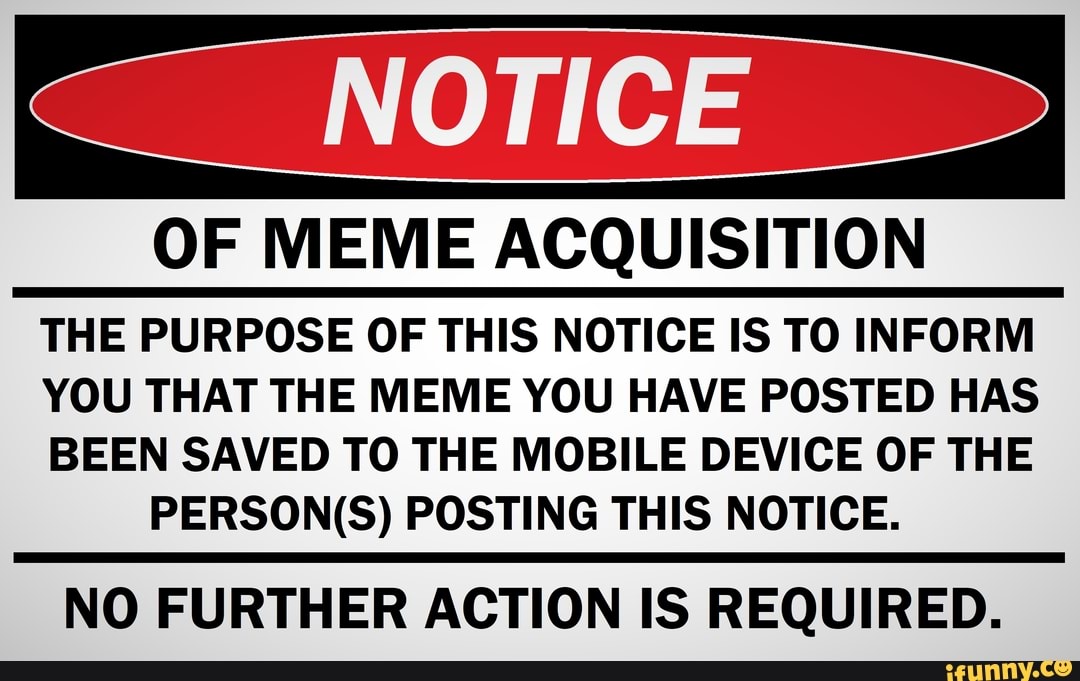

There are other legacy satellite providers like hughesnet that are somehow still hanging on. They don’t really hold a candle to starlink performance-wise, and they shit the bed in bad weather, but at least they’re not Elon. There’s going to be a lot of latency, but it’ll feel blazing fast if you’re coming from dialup.
There are other dialup providers still remaining as well, besides AOL. I know msn is still kicking at least. It’s kind of funny to think about receiving dialup service when almost all POTS lines have gone away, and much of the modern web will be borderline unusable without lots of tweaking, but at least grandma who lives out in the sticks can check her email, use chat clients, download articles and books, etc.





Except it doesn’t do much of anything effectively